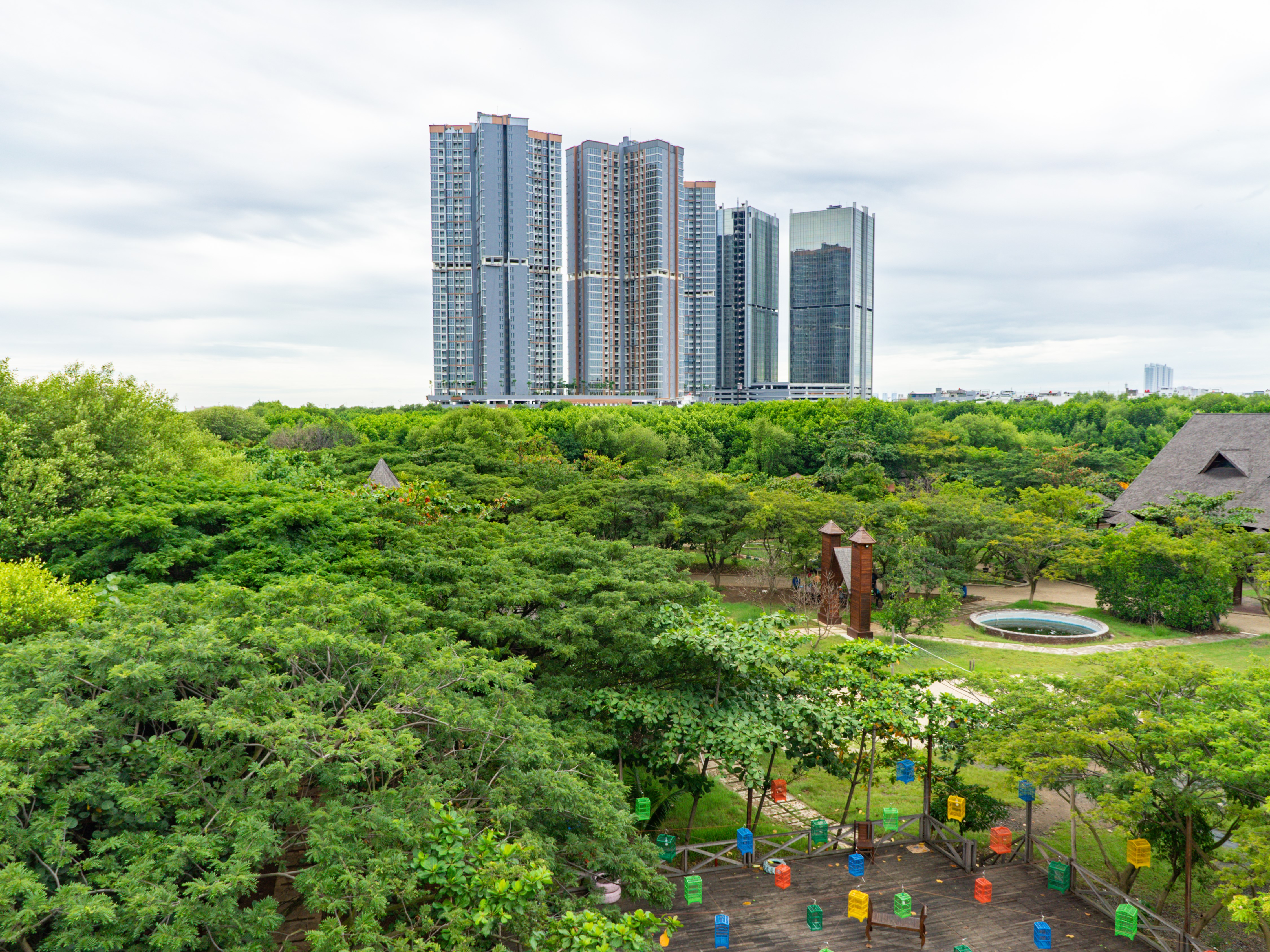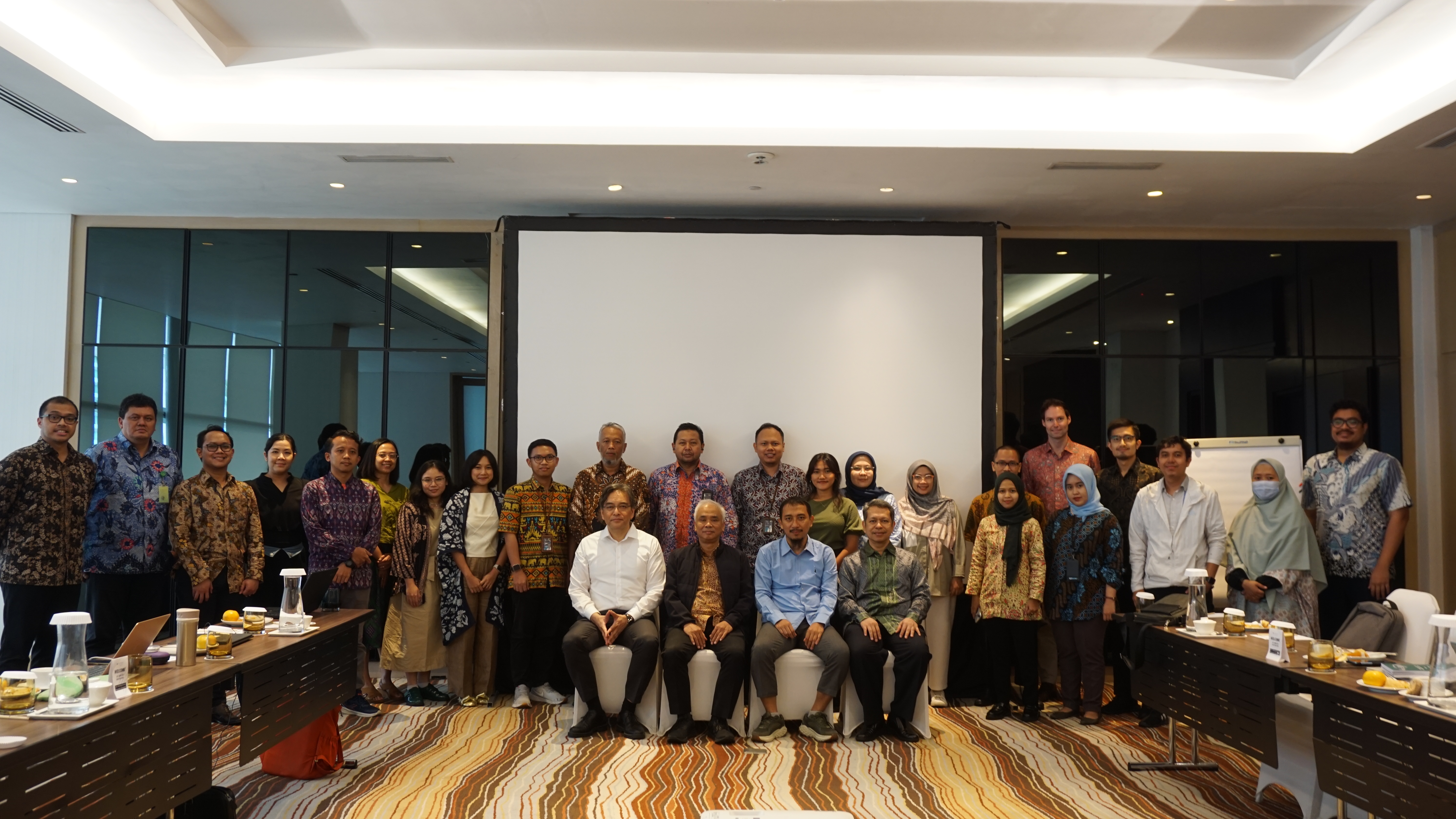Seizing BioCNG Opportunities in Central and East Kalimantan
The Indonesian Government, represented by the Directorate General of New, Renewable Energy and Energy Conservation (DG NREEC) of the Ministry of Energy and Mineral Resources has cooperated with the Global Green Growth Institute (GGGI) to develop various innovative breakthroughs for accelerating the achievement of new and renewable energy (NRE) targets. One of these is the 5.5 GW of bioenergy by 2025 as included in the General Plan of National Energy.
One innovative suggestion for this is to develop and utilize Bio-Compressed Natural Gas (BioCNG) commodity which is based on oil palm industrial waste in Central and East Kalimantan. Together with DG NREEC and Regional Development Planning Agencies of Central and East Kalimantan, GGGI recently conducted focus group discussions (FGD) with various stakeholders regarding said innovation.
The FGDs were held in two different locations to present information regarding BioCNG technologies, including the opportunities for its development. With the FGDs, inputs were also given for the preliminary findings of BioCNG potential mapping in Central and East Kalimantan. The two FGDs were conducted in Palangka Raya, Central Kalimantan on July 2, 2019 and in Samarinda, East Kalimantan on July 16, 2019. They were both attended by the representatives of regional governments, related regional agencies and the private sector.
BioCNG is another form of biogas utilization. When biogas, which results from the waste of industrial oil palm is processed through a biogas digester, the methane gas concentration increases. The final product becomes BioCNG, which has similar characteristics to CNG. BioCNG can be utilized if diesel machinery is converted into dual fuel, such as in electrical generator sets, trucks, or buses. Additionally, BioCNG can be used in the industries around the producers such as for cutting plant or direct combustion for drying in the plywood industry. Finally, BioCNG can also be sent through CNG pipes, supplying the gas needed by households, hotels and restaurants, as well as industries.




